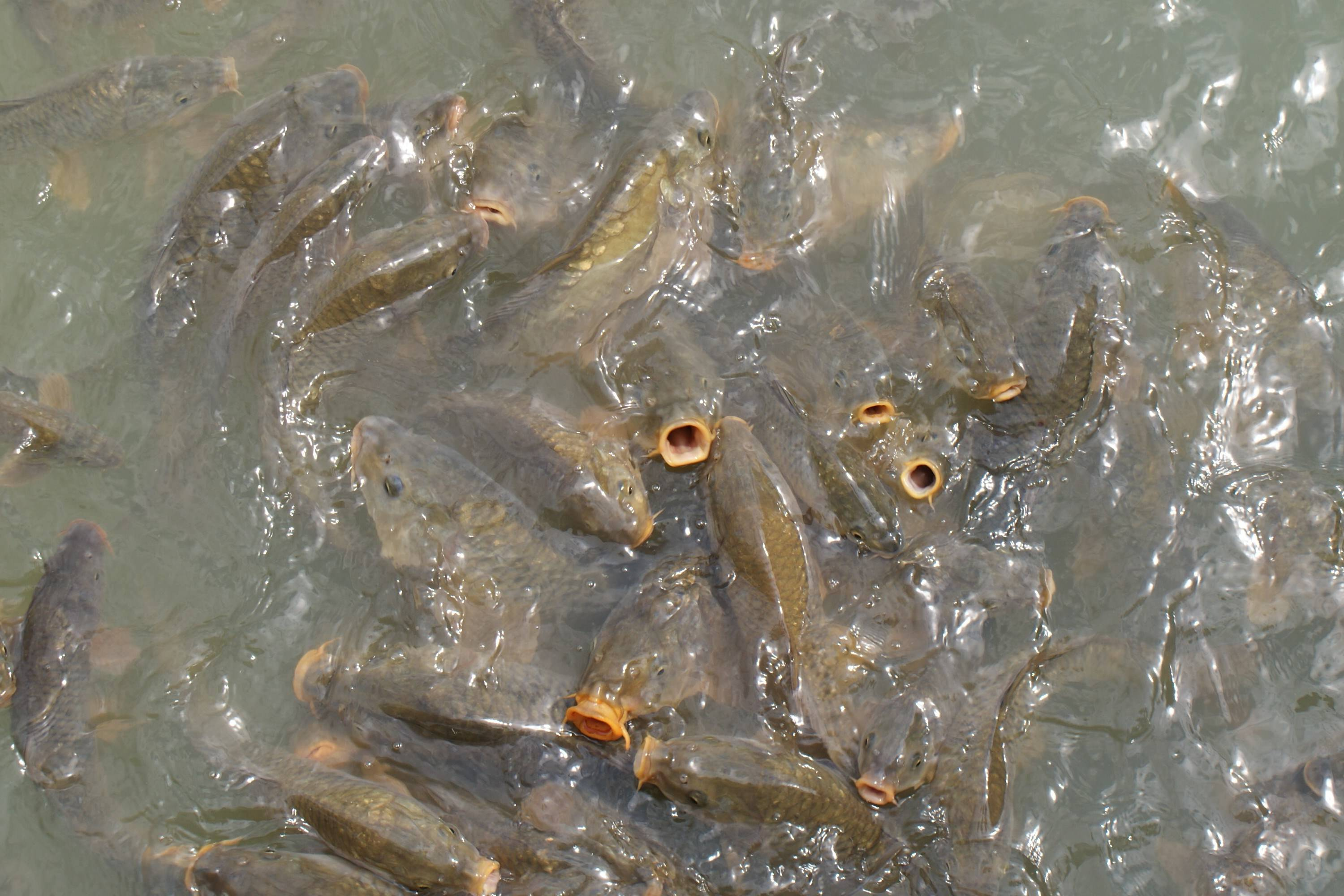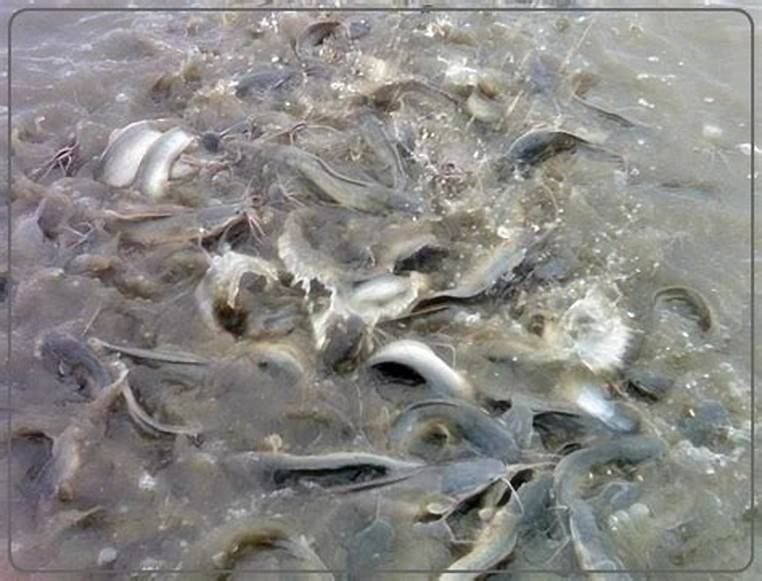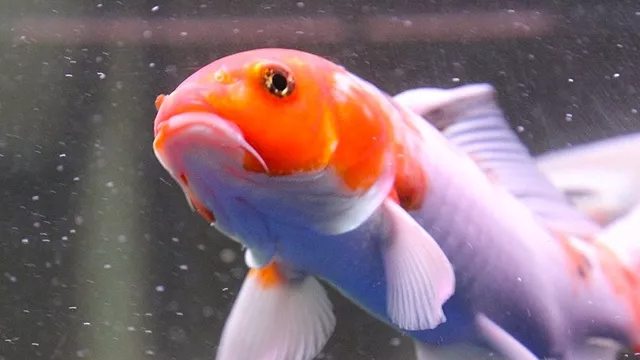The floating head of the fish is not only due to lack of oxygen, but also may be caused by these reasons
1. The influence of parasites
Breeding friends should all know that there are many parasites that grow in the gills, such as trichomonas, ringworms, third-generation worms, Chinese breams, etc. These parasites parasitize in the gills and will damage the gill tissue and increase the mucus in the gills. This affects the fish's respiration.

In this case, microscopic examination is generally required. Gill worms are more troublesome to kill, and the microscopic examination must find out what kind of insect is the right medicine. After the parasites are dealt with, the floating head situation will disappear.
2. Lesions in the gills
The gills are where fish breathe. Once some lesions occur, hypoxia is inevitable. The gills of fish are not only caused by parasites, but also by many other reasons, such as bacterial and viral gill rot, gill mold, etc. Do not use drugs blindly.
When we find that the fish has floating heads, we should judge the specific cause of the floating heads at the first time, first turn on the aerator and then measure the dissolved oxygen. If the dissolved oxygen is sufficient, we should check the gills of the fish for any abnormalities, find out the specific reason and prescribe the right medicine In order to minimize the damage.

3. Water quality toxins increase ammonia nitrogen, nitrite, and PH value exceeds the standard.
Exceeding the standard of ammonia nitrogen will reduce the ability of fish to absorb and utilize oxygen, resulting in hypoxia. If ammonia nitrogen is poisoned, it can be judged by looking at the gills. Generally, the gills will turn dark red.
Recently, fish, shrimps and crabs consume a lot of food, feed a lot of bait, and have a lot of feces from residual bait, which pollutes the water body more. If there is no regular bottom treatment, there will be hidden dangers of excessive ammonia nitrogen over time. At the same time, ponds with too much silt tend to be more fertile in color, which is more likely to cause a rise in pH value and increase the toxicity of ammonia nitrogen.

Ammonia nitrogen exceeds the standard, how do farmers deal with it?
1. Change the water: The fastest and most effective way to improve the water quality is to change the water, but the premise is that the quality of the source water is significantly better than that of the aquaculture pond, and attention should also be paid to the amount of water changed!
2. Turn on more aerators: especially on sunny days, turn on more aerators at noon. On the one hand, it will promote more ammonia in the water to escape from the water body; The aerobic environment promotes the decomposition of organic matter and the utilization of ammonia nitrogen by algae.
3. If ammonia nitrogen or nitrite is high and poisoning occurs, you can use bile acid + happiness 100 in the whole pool first. Bile acid can protect the liver and liver, and promote the excretion of toxins in the fish and shrimp. Happiness 100 can strengthen the fish and shrimp Self-immunity, improve the tolerance of fish and shrimp in the environment of high ammonia nitrogen or nitrite, reduce the large number of deaths caused by high ammonia nitrogen or nitrite, and provide time for the degradation of ammonia nitrogen and nitrite.

Tel.: +86 17864390557





